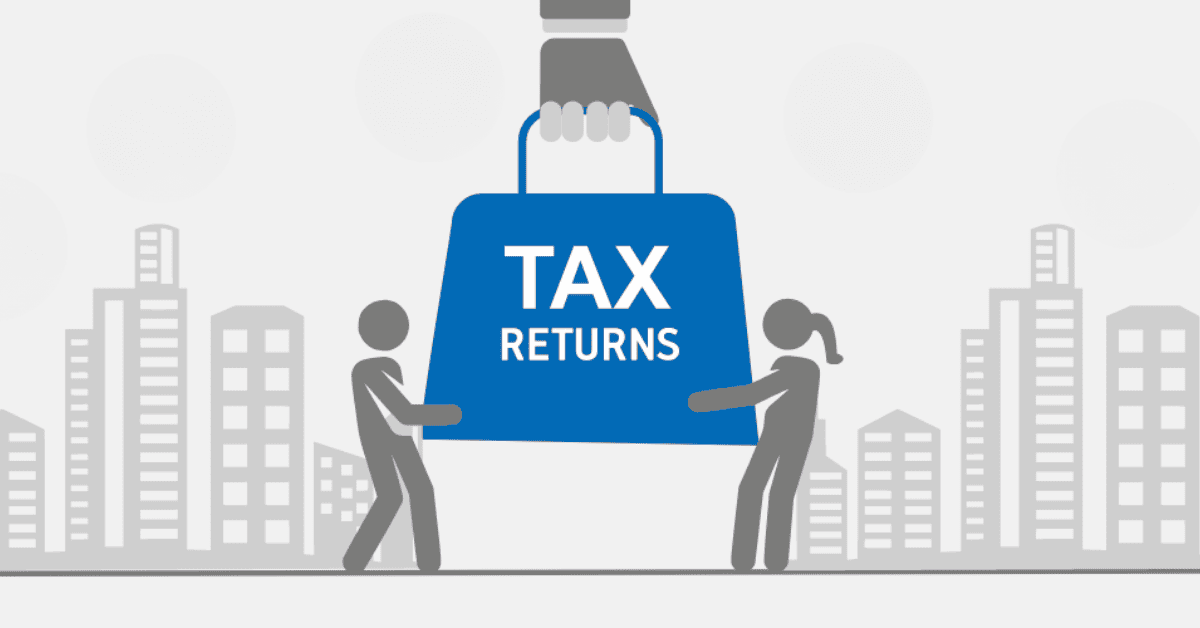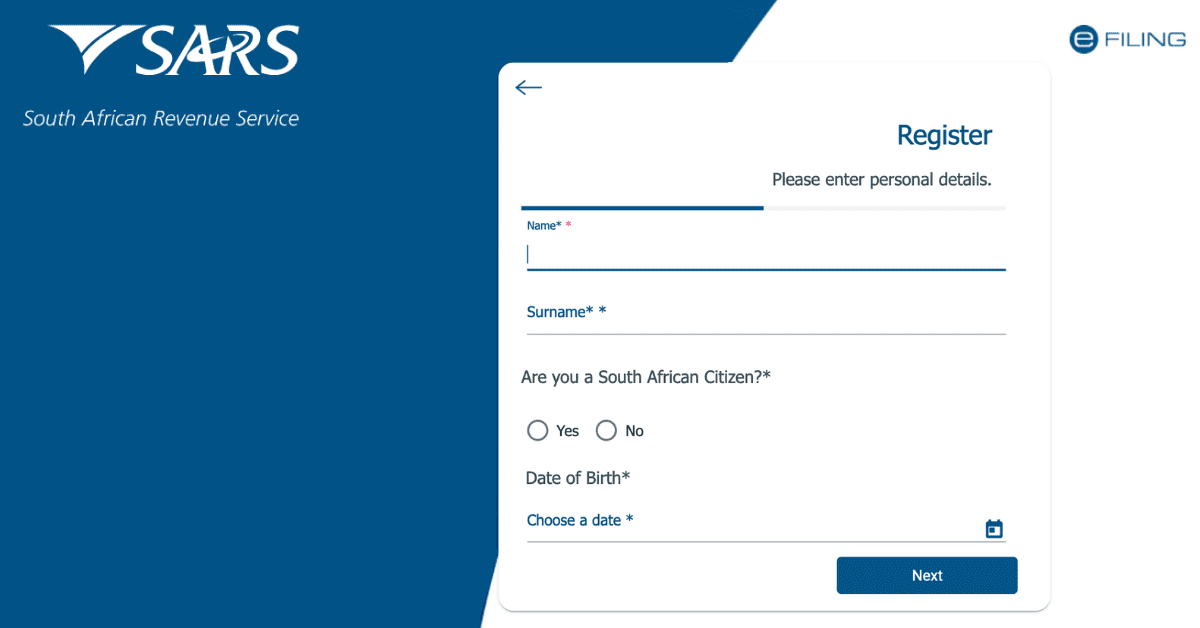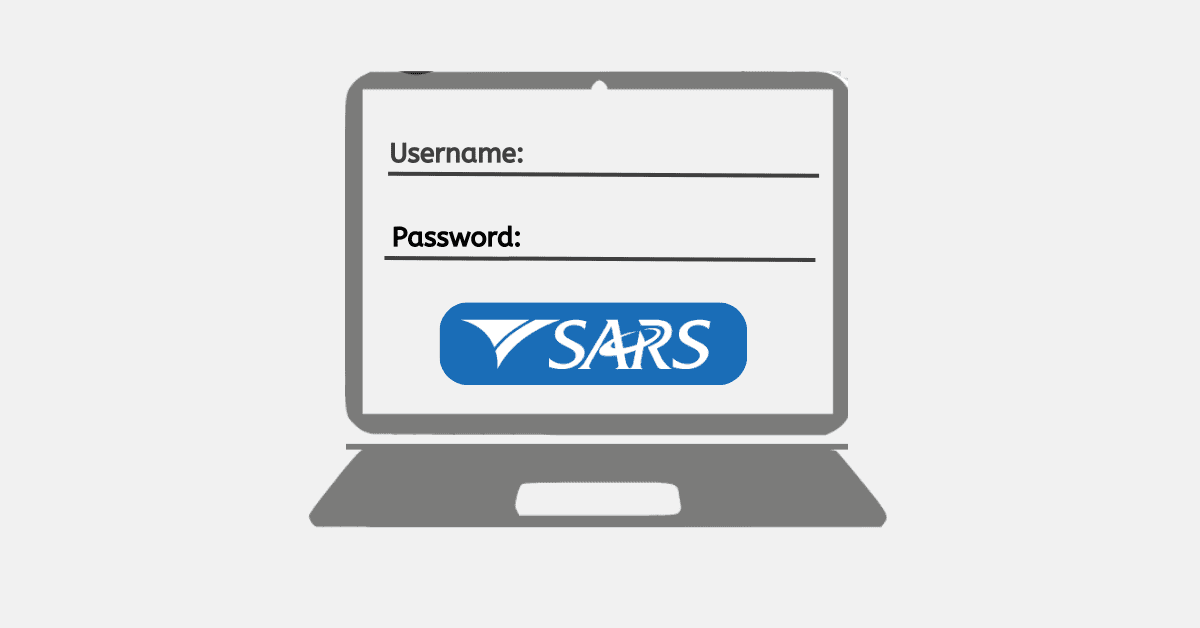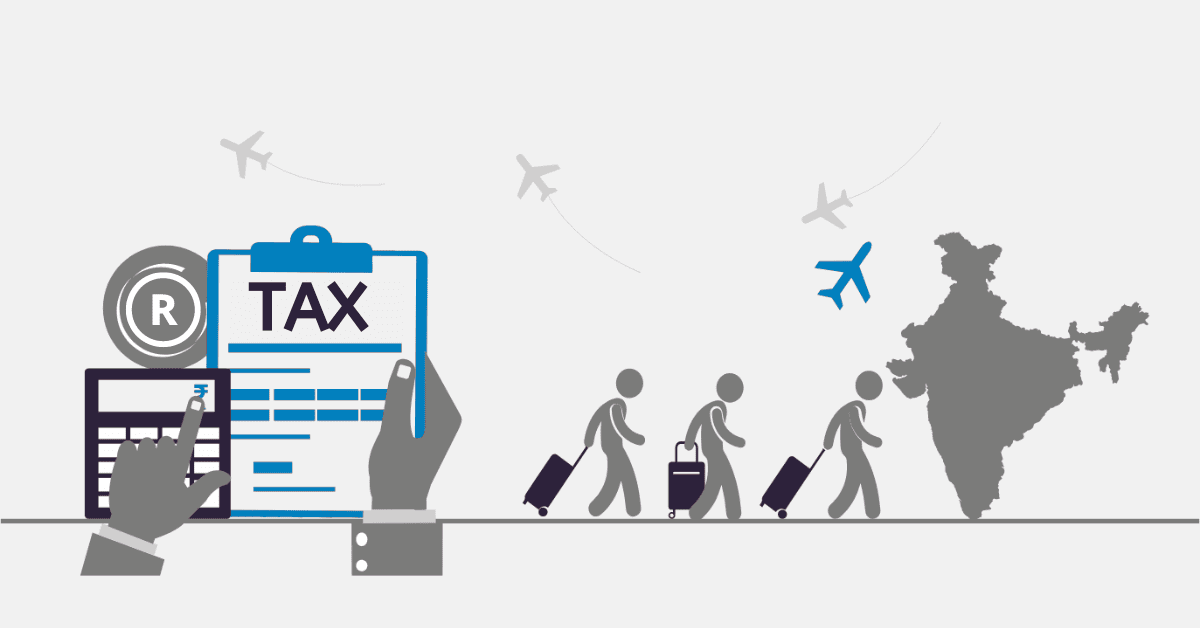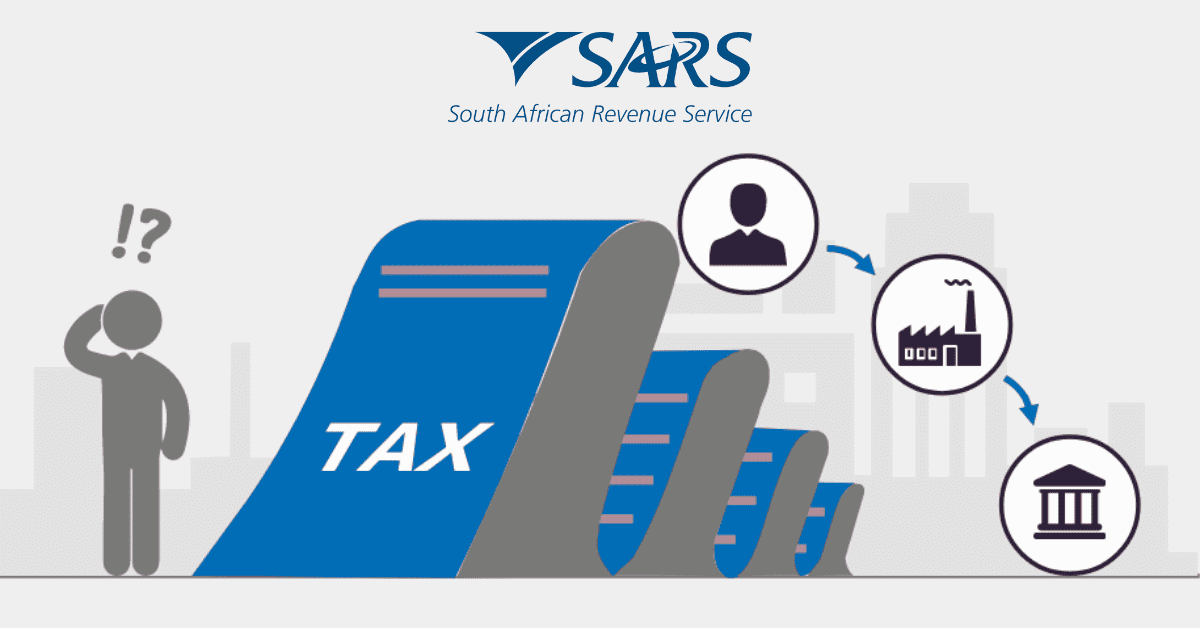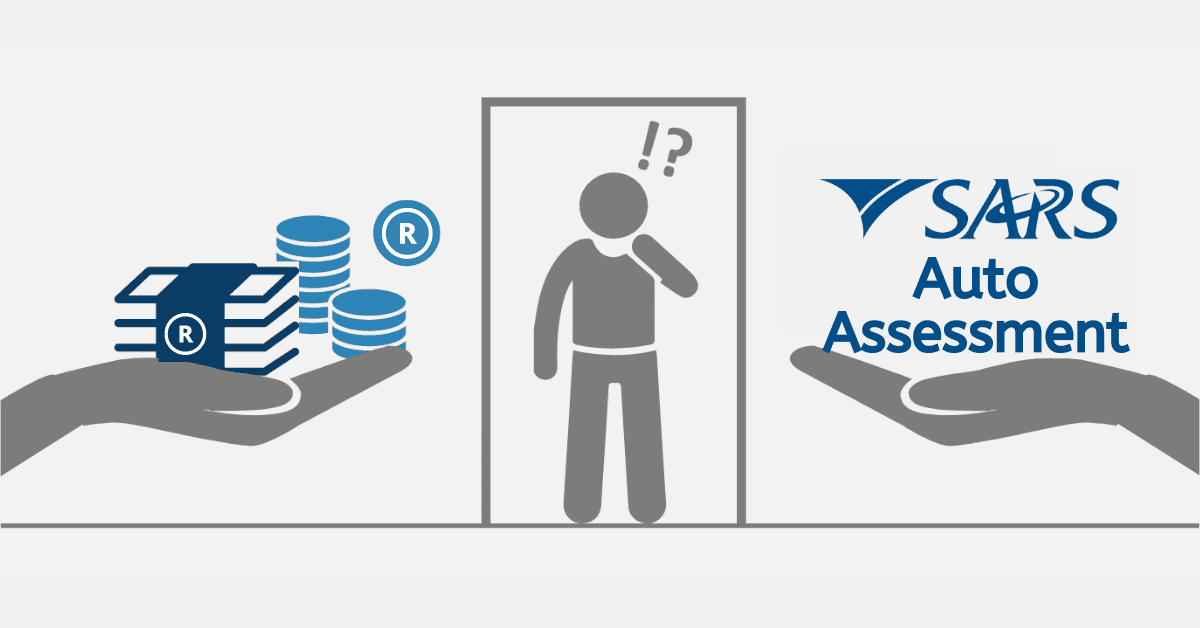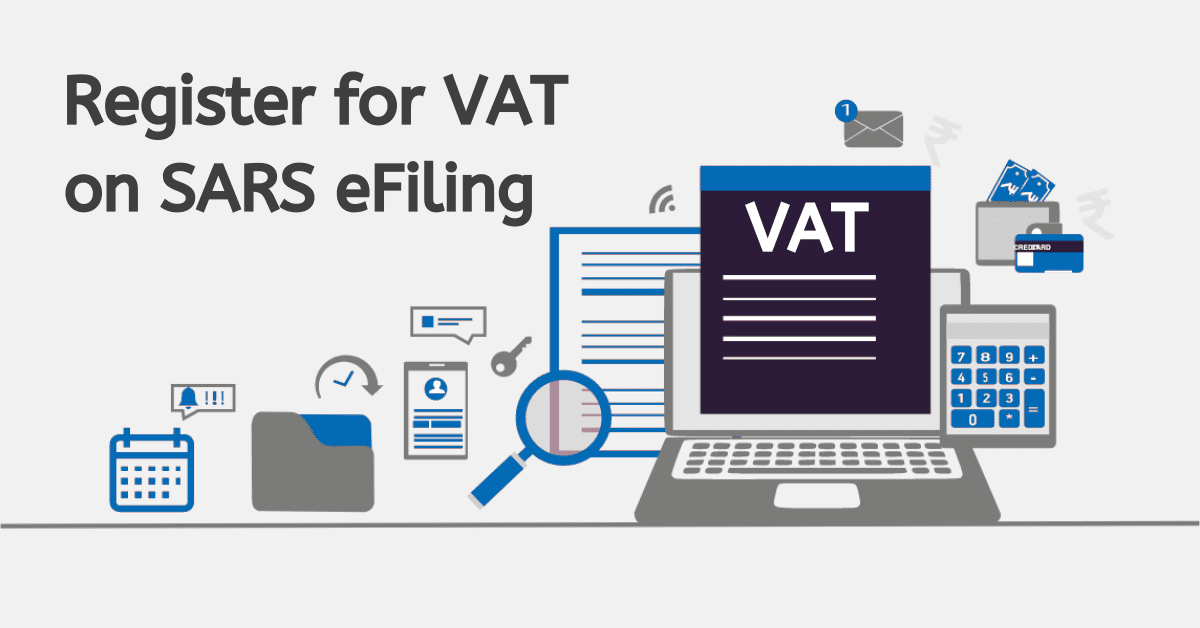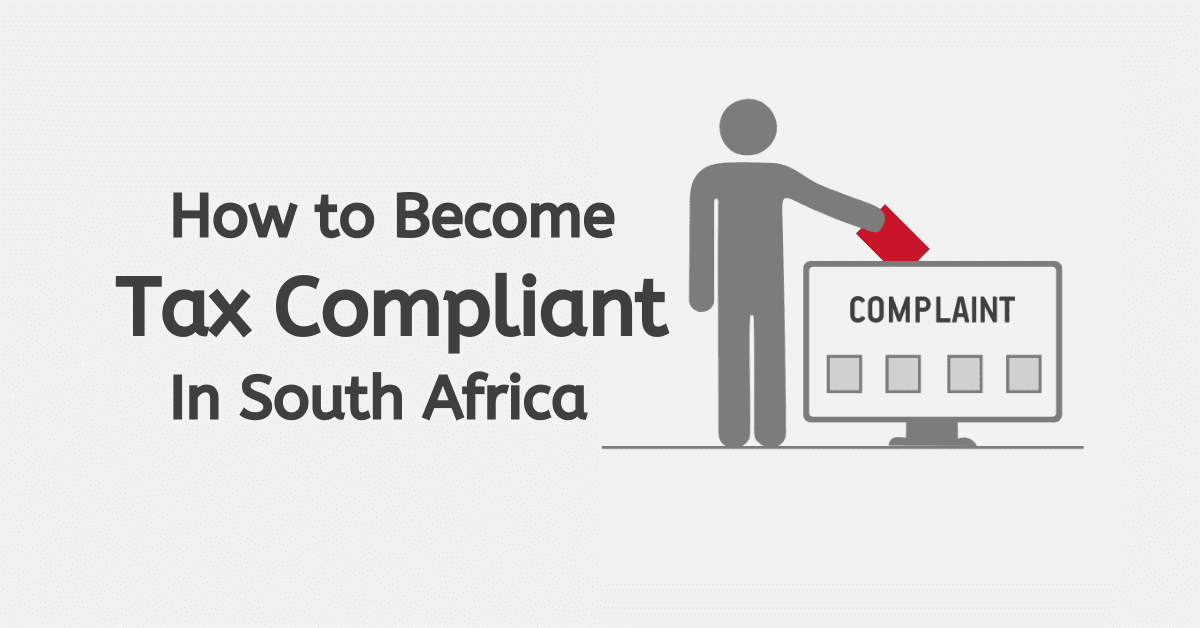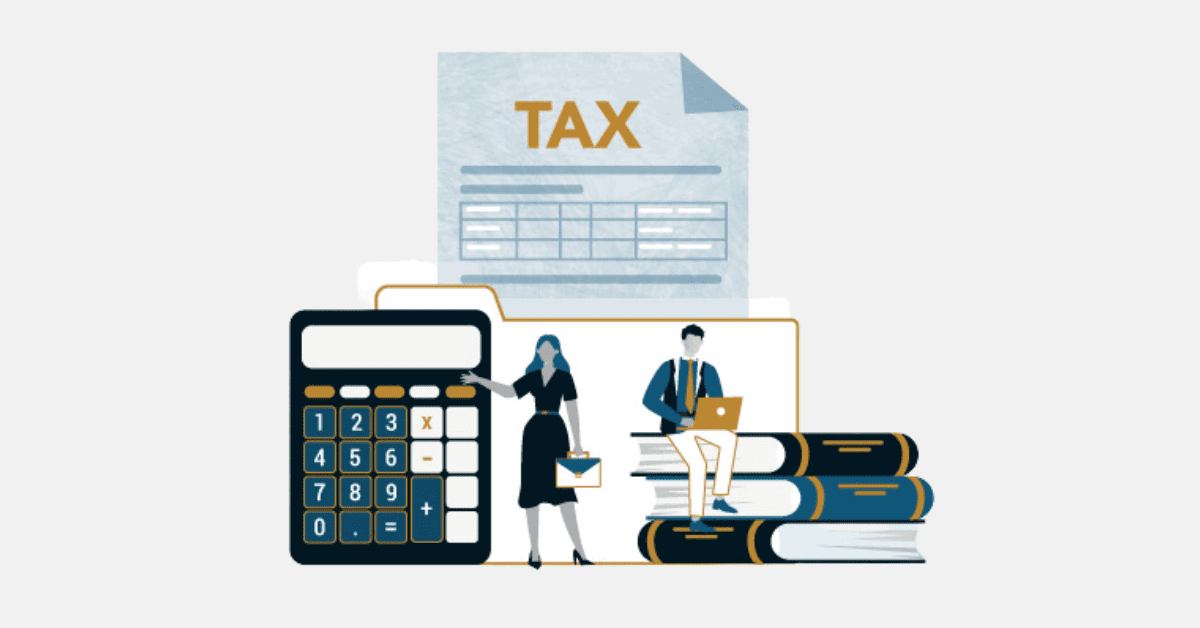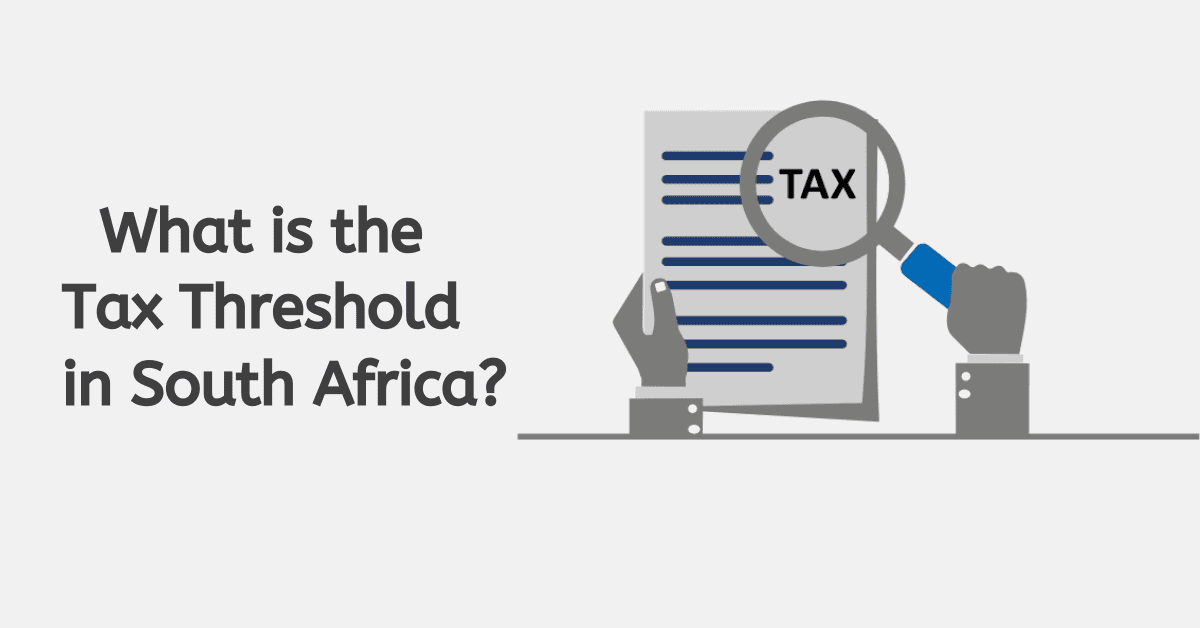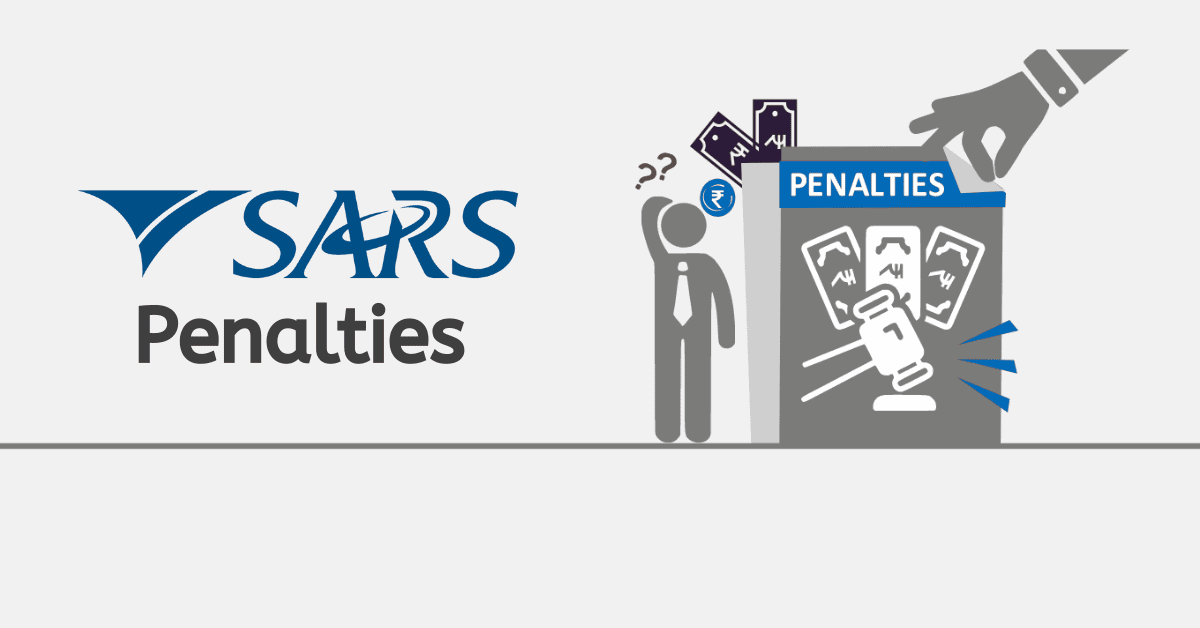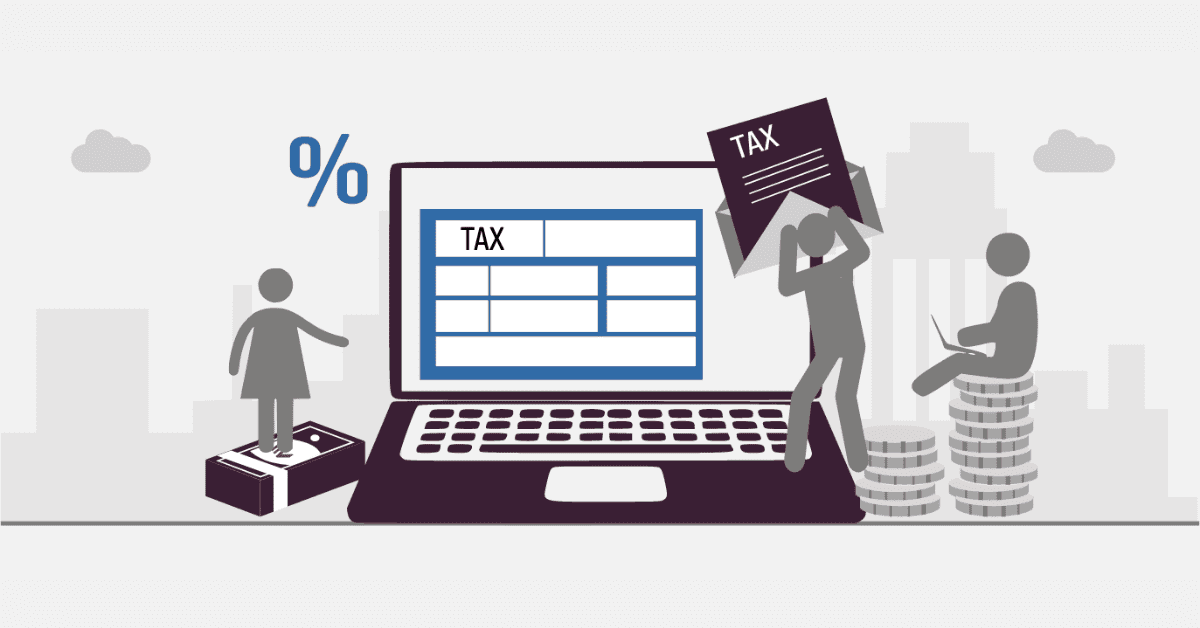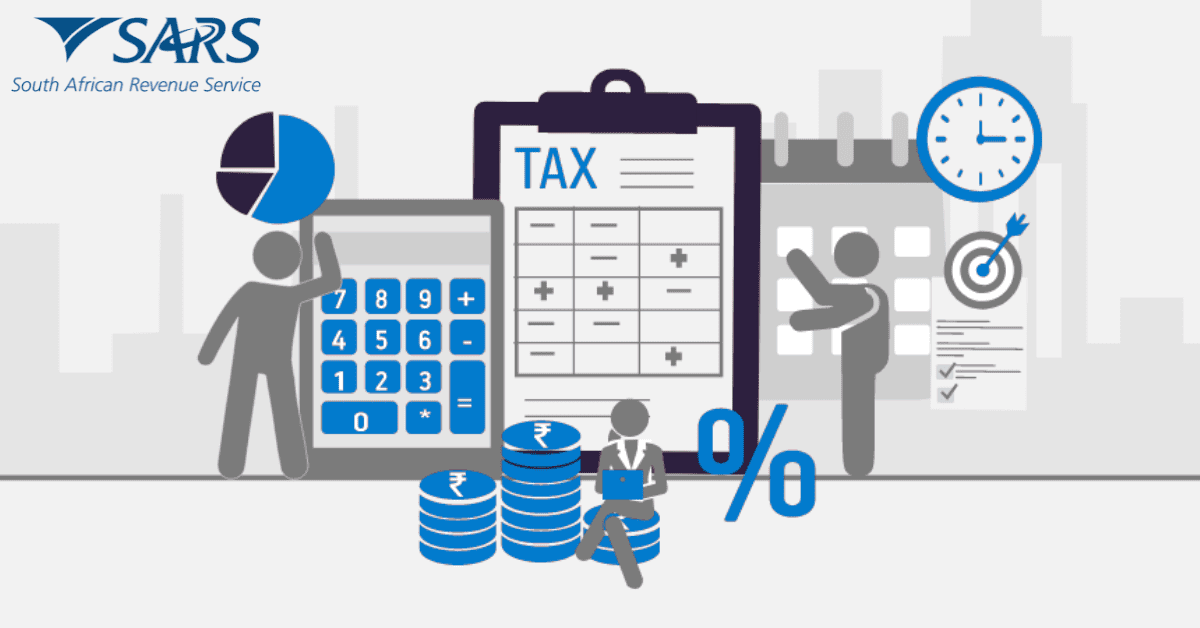The government generates revenue by collecting taxes from individuals and businesses that earn taxable income in South Africa. Therefore, everyone has a responsibility to fulfil their tax obligations. However, there are some entities bent on defrauding the South Africa Revenue Service (SARS) by engaging in suspicious activities like misrepresenting information to avoid paying taxes.
If you see someone engaging in such nefarious behaviour, you can report to SARS to help reduce crime in your beloved country. You can do this by taking different measures. Read on to learn how to report tax fraud.
How Do I Report Tax Fraud in South Africa?
If you are committed to fighting crime, such as tax fraud in South Africa, you can call SARS’ hotline toll-free number on 0800 00 2870. When you call this number, you can report anonymously without fear of victimization. Alternatively, you can also complete an online form provided by SARS to report crime.
To report suspicious activity, you must have a tax reference number and ID number of the person involved, although not a prerequisite. You can also use the car registration number of the person you want to report. You will be asked if you want to remain anonymous and to provide details about the crime. However, SARS will not give you feedback about their progress with the case since they are prohibited from sharing other people’s tax affairs with third parties.
What Happens When You Report Someone to SARS?
If you report someone to SARS, nothing will happen to you. Most people choose to be whistle-blowers, where their identity is never divulged to anyone. Once you report a case, SARS will look into it without engaging you about the same issue. The methods used for reporting tax fraud cases are designed to protect your identity.
How Do I Report Fraud Anonymously in South Africa?
If you want to report anonymously, you can complete an online form on the SARS eFiling website. Your details will remain anonymous since SARS does not share your details with anyone. The South African legislation protects all whistle-blowers so they are not intimidated by the culprits. Therefore, you will be very safe when you report someone for fraud.
However, your testimony might be required if the case is supposed to follow criminal proceedings. However, the National Prosecuting Authority (NPA) will take necessary measures to protect your identity. If the case poses a threat to your security, the NPA will put you in a witness protection program.
If you want to report your employer for illegal tax practices, the Protected Disclosures Act will protect you as a whistle-blower. You must indicate that you want to report the case in terms of the Protected Disclosures Act No. 26 of 2000.
How Long Does a SARS Investigation Take?
SARS investigation comes in the form of an audit when they want to check if the taxpayer is compliant. The audit usually takes between 30 business days and 12 months. Depending on the complexity of your case, the taxpayer’s cooperation, and the volume of transactions involved, the SARS investigation can even take longer.
SARS can ask for additional information from the taxpayer if they are conducting an audit. It also provides information to the taxpayer about the purpose of the audit, including the following:
- Notice if additional material is required
- Authorization letter
- Scope of the audit
- Progress report
- No refund is paid during an audit
An audit usually takes longer because it involves many things.
What Is the Penalty for Tax Evasion in South Africa?
All taxpayers found guilty of non-compliance with tax laws are subject to a fixed administrative penalty that is sanctioned under 210 of the Tax Administration Act (TAA). If a person fails to submit their tax return during the year of assessment, they will have more tax returns outstanding. If a company fails to submit a tax return, SARS will send a letter of demand, which should be fulfilled within 21 days.
Taxpayers who fail to submit their tax returns will be subject to a fixed penalty that ranges from R250 to R16 000 per month, depending on their taxable income. The penalty continues for each month you fail to pay your tax for a maximum of 35 months. Each penalty comes with a unique transaction number. Even if you disagree with the admin penalty, it is a good idea to pay the outstanding return so that you will not incur further admin penalties.
You need to submit a Request for Remission (RFR) if you don’t agree with the admin penalty instead of refusing to pay since this would not solve anything. In your RFR, you should provide the reasons why you object to the penalty. You can also appeal the decision if you don’t agree with it. Make sure you take this step after submitting the RFR first. SARS can reduce the penalty when you appeal.
What’s the Difference Between Tax Avoidance and Tax Evasion?
Both tax avoidance and tax evasion can help the taxpayer reduce their tax burden. However, the main difference is that one is legal while the other one is illegal. Tax evasion is illegal because the taxpayer will conceal vital information about their income to tax authorities. On the other hand, tax avoidance involves legal means to reduce your taxable income, which lowers your tax rates.
Tax evasion includes activities like claiming tax credits or tax deductions that you don’t deserve. Other taxpayers can conceal their taxable assets, fail to report, or underreport their income to pay little or no tax. Tax avoidance is legal because it allows you to claim tax credits and tax deductions to lower your tax rates.
All individuals and businesses that get taxable income should pay tax to SARS. If you see someone engaging in unscrupulous activities to avoid paying taxes, you can report them to SARS. You can report via phone or complete an online form to protect your identity. SARS will not divulge your details to third parties.
